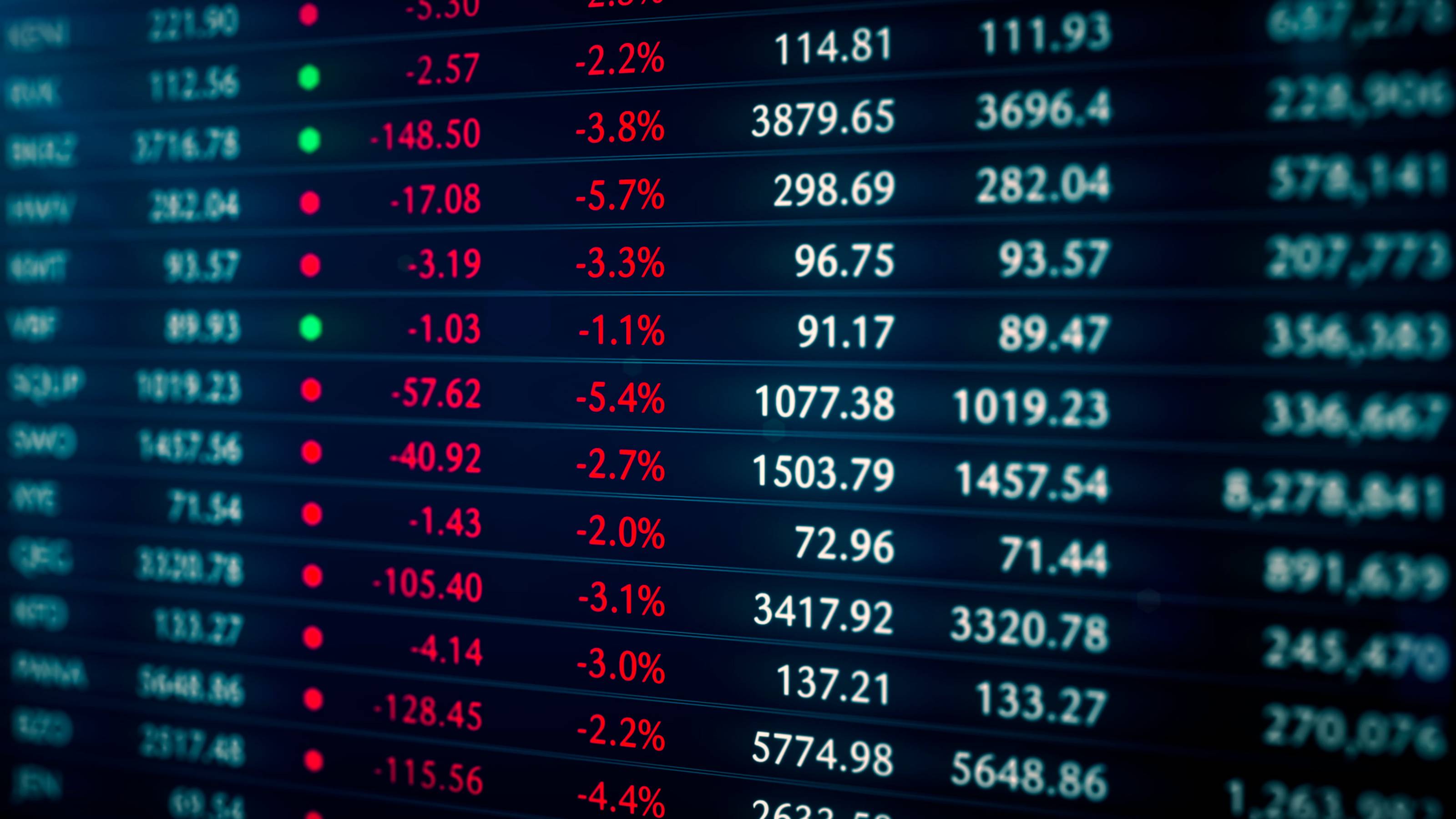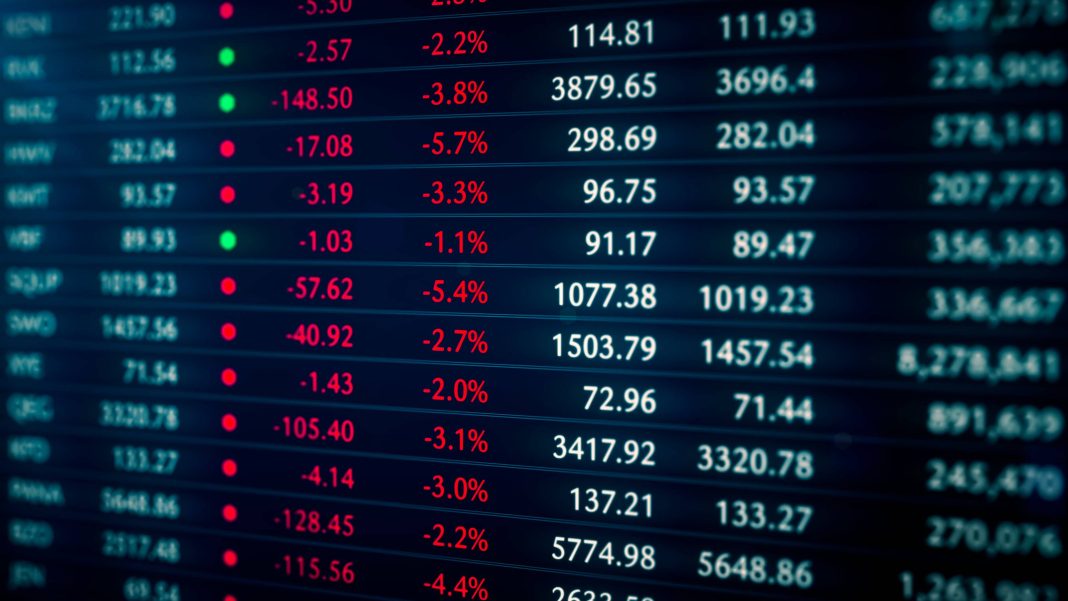 The recent stock market downturns have left many wondering if the so-called “Goldilocks” economy is actually a debt-induced recession. With the Federal Reserve expected to cut interest rates and disappointing financial results from big tech companies, combined with a weak labor market, the market meltdown has been compared to the deep correction of 2022. This raises the question of what choices individuals can make in their financial situations if they need to further “hunker down.”
The recent stock market downturns have left many wondering if the so-called “Goldilocks” economy is actually a debt-induced recession. With the Federal Reserve expected to cut interest rates and disappointing financial results from big tech companies, combined with a weak labor market, the market meltdown has been compared to the deep correction of 2022. This raises the question of what choices individuals can make in their financial situations if they need to further “hunker down.”
When considering economic choices, it’s important to analyze household spending categories. Defensive stocks, for example, provide consistent dividends and stable earnings regardless of the state of the economy. These stocks may be worth considering for investors looking to protect their portfolios during an economic slowdown. However, analysts caution that rotating into “safer stock sectors” may offer limited benefits due to the overall volatility in the market.
Recession fears have also led investors to flock to safe-haven assets such as U.S. Treasury bonds and gold. This flight to safety indicates concerns that the Federal Reserve may have made a policy error. The yield on the two-year Treasury fell significantly, signaling a shift towards risk aversion. However, some experts believe that investors may have overreacted to softer-than-expected economic data, and that the market sell-off may have been excessive.
The recent rise in the unemployment rate has triggered what is known as the Sahm Rule, which suggests the start of a recession. When the current three-month moving average in the unemployment rate exceeds the lowest three-month moving average over the past year by half a percentage point or more, this recession indicator is seen as a red flag. This, combined with other economic indicators, suggests a slow but steady economic softness.
Since May, economic data has consistently shown signs of America’s slowdown. Full-time household employment has been weakening, credit card delinquencies have risen above pre-pandemic levels, and leading economic indicators, like the ISM manufacturing New Orders Index, are in contraction. Jobless claims have also reached an 11-month high, while small businesses have been cutting back on hiring and consumer-facing companies have been reporting earnings misses.
While a recession may not seem imminent, it’s important to remember that economic slowdowns do not always occur in a linear fashion. Loss of economic momentum can trigger a self-reinforcing downward spiral that leads to increased joblessness, delinquencies, bankruptcies, and financial difficulties for the average American. The recession warnings should not be taken lightly, as they indicate a potential worsening of economic conditions.
In conclusion, the recent stock market downturns and economic indicators suggest that individuals should consider their financial choices carefully. Defensive stocks may provide some stability during an economic slowdown, but caution should be exercised due to overall market volatility. The flight to safe-haven assets demonstrates investor concerns about the Federal Reserve’s policy decisions. Economic data has consistently shown signs of a slowdown, and recession warnings should not be ignored. It’s important for individuals to assess their own financial situations and make informed choices in preparation for potential economic challenges ahead.


